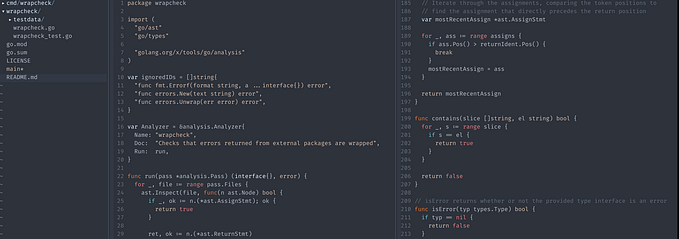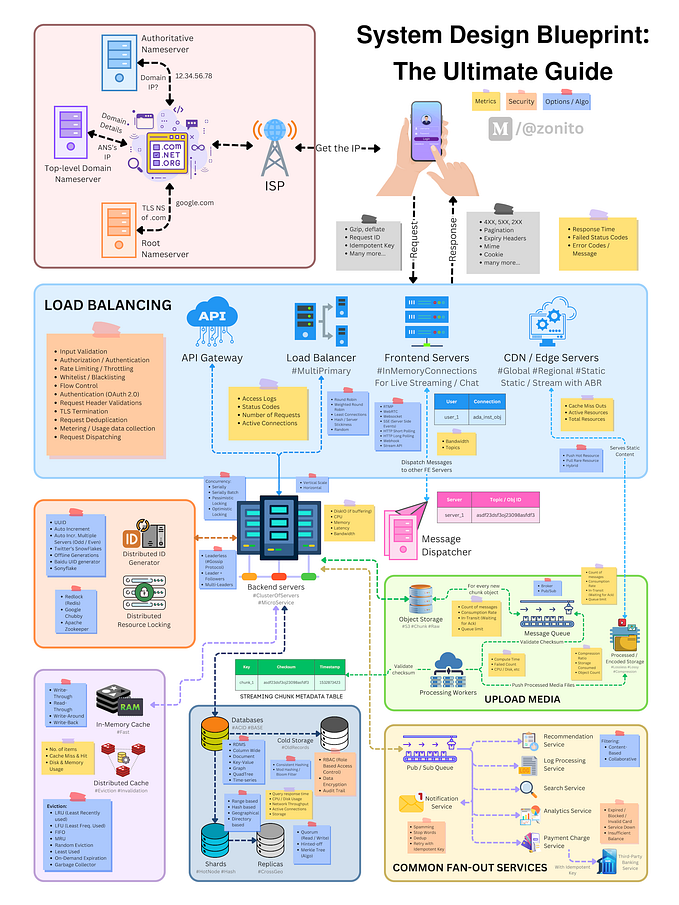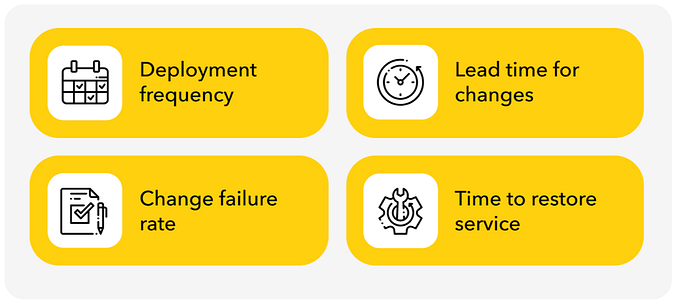Member-only story
How the Creator Economy is Helping Dismantle ‘Old Media.’

Recent announcements across the worlds of technology, media and venture capital are serving as a harbinger for how traditional media will be fundamentally transformed in the years ahead. While none of these events might appear seismic on their own, in the aggregate they mark clear territory for the battles ahead that will both determine the future of media and the lasting influence of the Creator Economy.
In May, one of the industry’s most prolific venture capital firms, Andreessen Horowitz, rebranded its content site, Future, and issued statements implying it was evolving into a new kind of organization — one some characterize as ‘a media company with a venture arm’. Weeks later, Harry Stebbings, the 24-year old founder of the popular 20-minute VC podcast, announced that he had raised $140mm across a pair of inaugural funds, making his fledgling firm, 20vc, one of the largest seed investors in Europe virtually overnight.
So, in the space of a month a respected VC fund announced plans to become a content creator, while a respected content creator announced plans to become a VC fund.
Separately, in late May, Amazon announced it was acquiring media giant Metro Goldwyn Mayer (MGM), home of the James Bond franchise and 4000+ other iconic films, for roughly $8.5 Billion. The bold acquisition would ostensibly complement Amazon Studios, which has been occupied with producing TV programming, and would provide a wider audience (and greater monetization) for the deep MGM catalog of works.
Mega mergers between media companies and technology companies are nothing new, of course. Many still remember the AOL/Time Warner merger of 2000, the wave of mergers that that deal triggered, and the shadow that those pairings would cast over the industry for much of the next decade. Yet this Amazon/MGM acquisition feels different and has broad implications across media and tech. Let’s examine some history…
The Media consolidation era of 2000–’10
Twenty years ago, the media landscape looked very different. In the dot-com era, media companies were under enormous pressure as their traditional…









